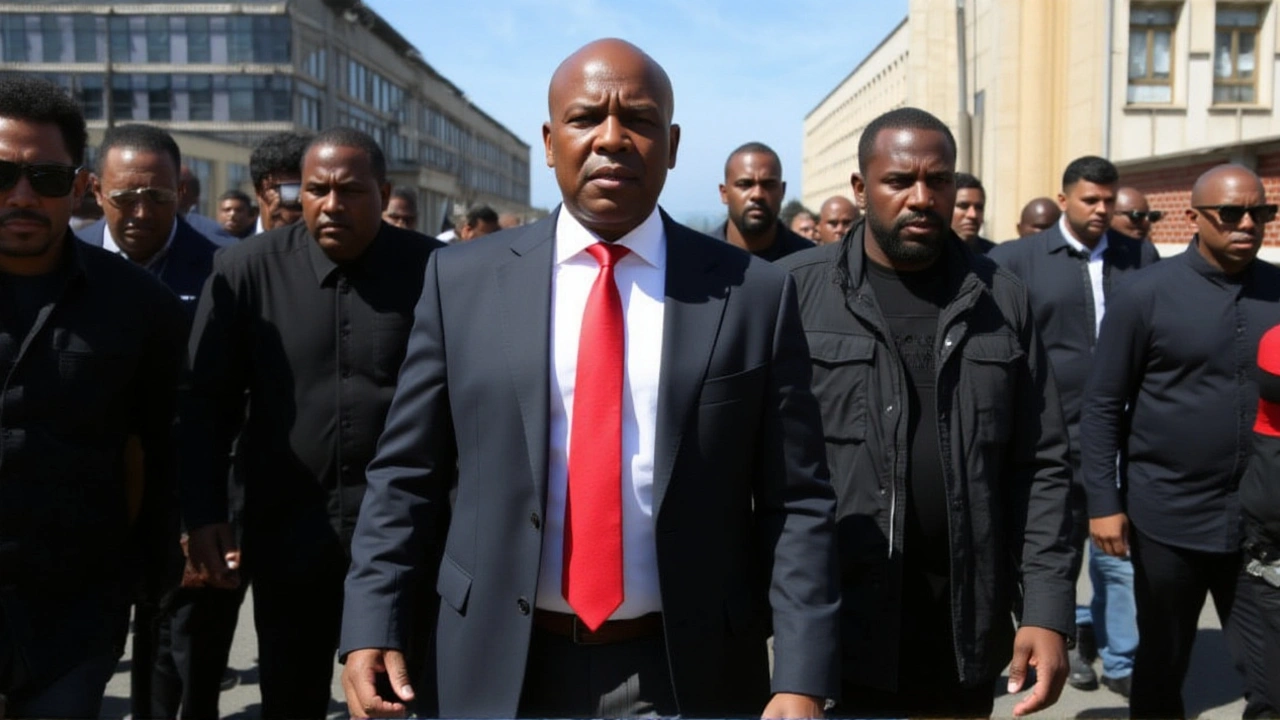Firearm Conviction: What It Means and Why It Matters
When looking at firearm conviction, a legal judgment that finds an individual guilty of illegally possessing, using, or trafficking a firearm. Also known as gun conviction, it sits at the intersection of public safety and individual rights. Firearm conviction isn’t just a label – it triggers a chain of legal steps that affect everything from sentencing to future gun ownership.
In most jurisdictions, a criminal law, the body of law dealing with crimes and punishments provides the framework for defining which firearm actions count as crimes. The law demands proof of intent, illegal possession, or unlawful discharge, and it sets the thresholds for what the courts consider a serious offense. Gun control, regulations aimed at restricting access to firearms directly shapes how often convictions happen, because stricter licensing rules, background checks, and storage mandates raise the bar for legal compliance. When a conviction is handed down, the court sentencing, the process where a judge determines punishment for a convicted offender decides whether the offender faces a fine, community service, prison time, or a permanent ban from owning weapons.
Key Factors That Influence a Firearm Conviction
Understanding the link between these entities helps clarify why some cases end in harsh penalties while others result in lighter outcomes. First, the type of weapon matters – a pistol often carries a heavier sentence than a non‑lethal air‑gun because of its perceived threat level. Second, the context of the offense—whether it involved a violent crime, trafficking, or simple possession—guides the judge’s decision during court sentencing. Third, the prevailing gun control climate can sway both prosecutors and judges; for example, during periods of heightened security concerns, courts may impose stiffer penalties to send a deterrent message. Finally, previous criminal law precedents set the stage for each new case, creating a legal tapestry where every firearm conviction builds on past rulings.
These dynamics are evident across Africa’s news landscape. Recent headlines have shown how a broken gun control system can lead to high‑profile firearm convictions, sparking public debate on policy reforms. In South Africa, a rise in illegal firearm seizures has prompted lawmakers to tighten licensing, which in turn could affect future conviction rates. Meanwhile, in West African nations, cross‑border trafficking cases highlight the role of regional criminal law cooperation in securing convictions that span multiple jurisdictions. Each story reflects the same underlying triple: firearm conviction encompasses illegal possession, gun control influences conviction outcomes, and criminal law requires proof of intent.
For anyone tracking legal trends, keeping an eye on how courts handle sentencing is crucial. A judge’s decision not only determines the immediate punishment but also sets a benchmark for future cases. When court sentencing leans toward rehabilitation instead of incarceration, it can signal a shift in how the legal system perceives gun‑related offenses. Conversely, harsh sentences often signal a hard‑line stance from both policymakers and the judiciary, reinforcing strict gun control measures. These patterns are mirrored in the articles below, where you’ll see a mix of sports, politics, and crime news that together paint a picture of Africa’s evolving legal environment.
Ready to dive deeper? Below you’ll find a curated collection of recent stories that touch on everything from high‑profile criminal cases to policy debates, giving you a front‑row seat to how firearm convictions shape—and are shaped by—law, enforcement, and public opinion across the continent.

Julius Malema convicted, faces 15‑year prison term and parliamentary ban
Oct 3, 2025 / 18 Comments
Julius Malema, EFF leader, was convicted on Oct 1 2025 of firearm offenses, faces a minimum 15‑year term and an automatic parliamentary ban under South Africa’s Constitution.
READ MORERECENT POSTS
- Max Verstappen Stands Firm on Radio Outbursts During Hungarian GP Amid Criticism
- NNPCL Chief Kyari Refutes Claims of Malta Blending Plant Ownership Amid Dangote's Allegation
- Ospreys Reveal 2025‑26 URC Schedule – First Ever Early Release, South African Trips and New Home Ground
- Manchester United's Defeat Against Tottenham: Live Match Updates and Analysis
- Jayson Tatum’s Achilles Injury Shakes Celtics Ahead of Game 5 Against Knicks
